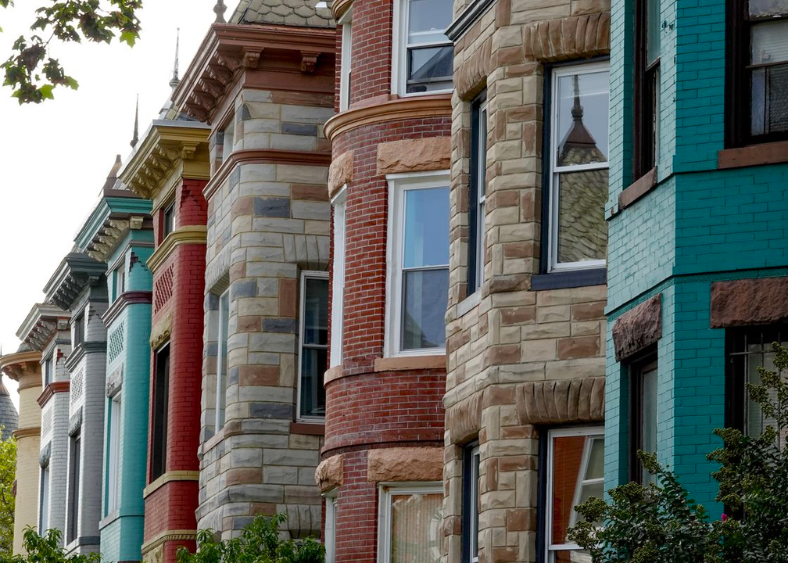
It’s no secret that the state of California is in the midst of a major housing crisis. In big cities like Los Angeles and San Francisco, there are tens of thousands of people without an adequate place to call home. Couple this with the fact that there’s a shortage of housing available, and prices are rising all the time, and you can see just how dire the situation really is.
The Coronavirus pandemic has only served to exacerbate the issue, squeezing the housing market even further. But in recent months, California lawmakers have been taking notice and taking action.
In fact, there are a number of California state laws that have been passed that aim to address the aforementioned issues. Let’s take a look at what some of these are.
Laws Addressing the Housing Crisis
California has introduced a number of new zoning laws—the majority of which came into effect on January 1st 2022. These aim to make real estate development easier and more equitable.
SB 10, for example, allows local governments to zone any parcel for up to 10 units of residential density. But only when the parcel is located in a transit-rich area, a jobs-rich area or an urban infill site. SB 60 raises the maximum fines for violating any ordinances relating to residential short-term rentals that pose threats to health or safety.
AB 571 is a law that prohibits governments from imposing affordable housing impact fees on any affordable units in a housing development’s density bonus project. AB 345, on the other hand, mandates that local agencies allow ADUs to be sold or conveyed separately from the primary residence to a qualified buyer.
All of these laws, should, in theory, make it easier for developers to create housing. And make that housing more accessible and safe to average people.
Provisions for COVID-19
The housing crisis in California was present long before the Coronavirus pandemic began. But the economic fallout from this public health emergency certainly hasn’t helped the situation. In light of this fact, there were laws passed over the past 2 years to directly address the toll that COVID-19 has taken on many households.
However, for many protected by these laws, time is almost up. AB 832 extended a ban on the eviction of residential tenants for the nonpayment of rent between March 2020 and September 2021. But come March 2022, landlords may sue their tenants for any unpaid rent that became due during this period.
If you’re worried about your rent payments and think that you could be at risk of foreclosure, it’s a good idea to begin looking for a foreclosure attorney immediately. While there have been many new laws enacted to address the housing crisis, many are still at risk of losing their homes.
Fixing the California Housing Market
Despite the efforts of the California state legislators, many people remain without housing. Or at risk of being evicted from their homes.
The California housing crisis isn’t something that will be solved in one fell swoop. If you’re looking for advice on any aspect of housing law in California, don’t hesitate to get in touch with us today.


